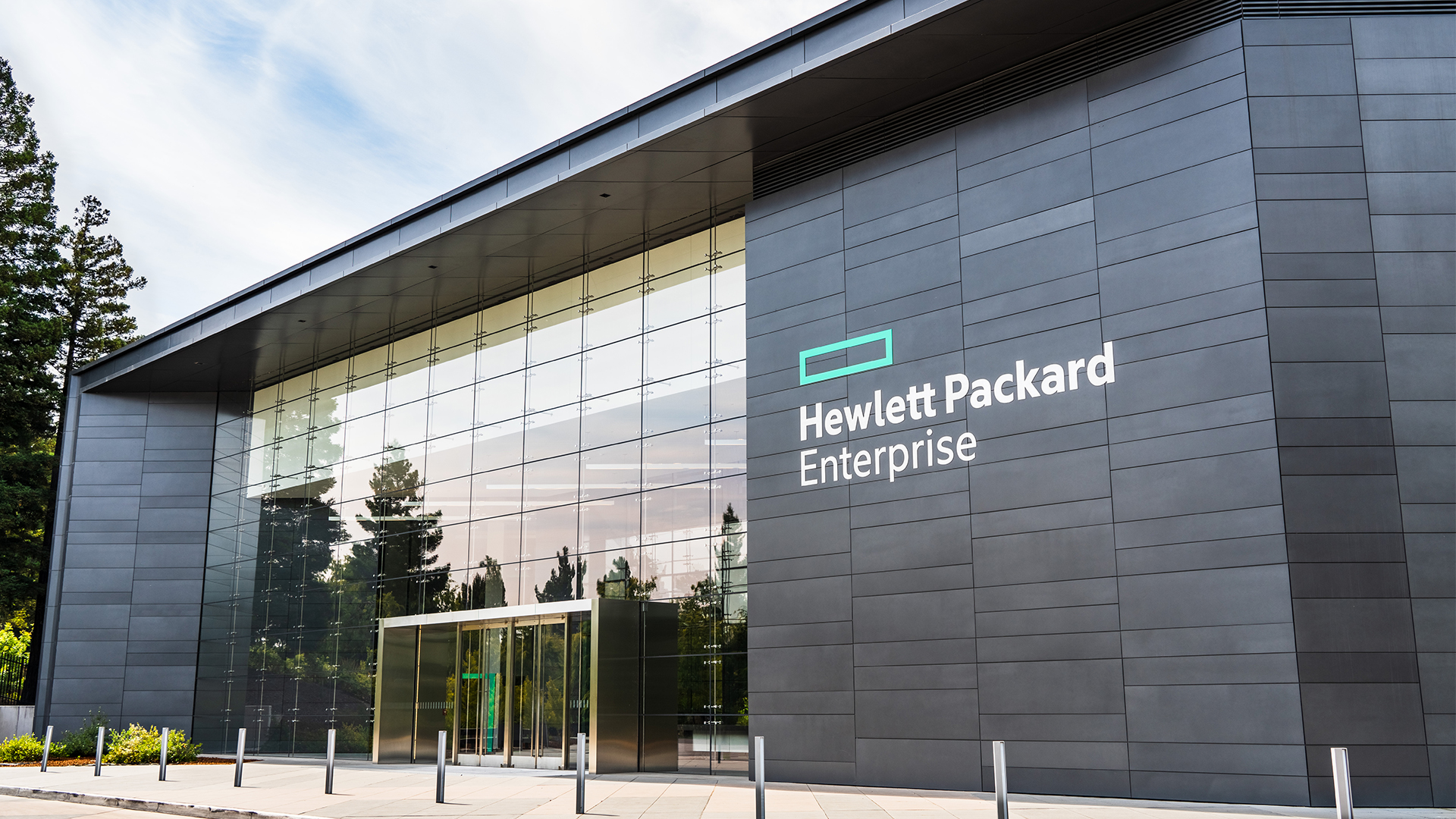BT and Toshiba reveal UK’s first "unhackable" quantum-secure network
The network aims to show how the Quantum Key Distribution can be used to secure data traffic between industrial sites


BT and Toshiba have announced the UK’s first industrial deployment of a "unhackable" quantum-secure network.
The network is designed to transmit data between the National Composites Centre (NCC), the UK’s composite R&D facility, and the Centre for Modelling & Simulation (CFMS), a non-profit research organisation focused on new digital engineering capabilities.
The two organisations operate across the aerospace, energy, and automative industries, which are likely to benefit from the deployment due to their strong emphasis on security.
The network, which is funded by Innovate UK’s AQuaSeC project, aims to show how the “unhackable” Quantum Key Distribution (QKD) can be used to secure data traffic between industrial sites.
The technique uses a stream of single photons to share encryption keys between the NCC and CFMS sites in Bristol, and aims to replace the manual approach of physically transporting sensitive data on portable storage devices. Instead, the data will be transmitted at high-speed over 6km of fibre optic cable, using standard Openreach fibre.
According to Toshiba, its QKD system is capable of distributing thousands of cryptographic keys per second. The “innovative multiplexing compatibility” also makes it possible for the data and quantum keys to be transferred using the same fibre, eliminating extra costs for additional infrastructure.
Despite the first deployment covering a range of 6km, Toshiba states that the current maximum range is capable of extending to as far as 120km. This would lead to ultra-secure data transmission across larger metropolitan areas such as London.
Sign up today and you will receive a free copy of our Future Focus 2025 report - the leading guidance on AI, cybersecurity and other IT challenges as per 700+ senior executives
The network is also expected to benefit from Toshiba’s Active Stabilisation technology, which allows the continuous distribution of key material across the system without user intervention in even the most challenging operating conditions. This eliminates the need to recalibrate the system in cases such as changing fibre lengths, which are often prompted by temperature changes.
BT Optical Technology head, professor Andrew Lord, described the newly-announced deployment as “a significant milestone as we move towards a quantum-ready economy”.
“We’re excited to be working alongside our long-term partner in Toshiba, as well as the NCC and CFMS as industry-leading bodies in the UK, to demonstrate the ultra-secure nature of quantum cryptography,” he said. “The power of quantum computing offers unprecedented opportunity for UK industry, but this is an essential first step to ensure its power can be harnessed in the right way and without compromising security.”
RELATED RESOURCE

Why IT leaders should consider a zero trust network access strategy
Enabling business while staying secure
Dr. Andrew Shields, head of Quantum Technology at Toshiba Europe Limited, said that the solution “can be implemented on standard BT fibre infrastructure and is applicable to a wide range of different applications, allowing organisations to ensure the long-term security of their data and protect it from even the most powerful computers”.
“With the UK government’s assertion earlier this month that it wants to be the ‘world’s first quantum-ready economy’, quantum-secure networks are vital to it achieving this ambition, and we’re excited to be at the forefront of making this a reality,” he added.
Having only graduated from City University in 2019, Sabina has already demonstrated her abilities as a keen writer and effective journalist. Currently a content writer for Drapers, Sabina spent a number of years writing for ITPro, specialising in networking and telecommunications, as well as charting the efforts of technology companies to improve their inclusion and diversity strategies, a topic close to her heart.
Sabina has also held a number of editorial roles at Harper's Bazaar, Cube Collective, and HighClouds.
-
 The modern workplace: Standardizing collaboration for the enterprise IT leader
The modern workplace: Standardizing collaboration for the enterprise IT leaderHow Barco ClickShare Hub is redefining the meeting room
-
 Interim CISA chief uploaded sensitive documents to a public version of ChatGPT
Interim CISA chief uploaded sensitive documents to a public version of ChatGPTNews The incident at CISA raises yet more concerns about the rise of ‘shadow AI’ and data protection risks
-
 Russian hackers are using an old Cisco flaw to target network devices – here’s how you can stay safe
Russian hackers are using an old Cisco flaw to target network devices – here’s how you can stay safeNews With the aim of carrying out espionage, Russia's Center 16 is targeting infrastructure organizations around the world
-
 HPE eyes enterprise data sovereignty gains with Aruba Networking Central expansion
HPE eyes enterprise data sovereignty gains with Aruba Networking Central expansionNews HPE has announced a sweeping expansion of its Aruba Networking Central platform, offering users a raft of new features focused on driving security and data sovereignty.
-
 Fortify your future: How HPE ProLiant Servers deliver top-tier cyber security, management, and performance
Fortify your future: How HPE ProLiant Servers deliver top-tier cyber security, management, and performanceWhitepaper Deploy servers with a secure approach
-
 Fortify your future with HPE ProLiant Servers powered by Intel
Fortify your future with HPE ProLiant Servers powered by IntelWhitepaper Enhance your security and manage your servers more effectively
-
 Architecting enterprise networks for the next decade
Architecting enterprise networks for the next decadeWhitepaper A new paradigm in network architecture
-
 Why network monitoring tools fail within secure environments
Why network monitoring tools fail within secure environmentsWhitepaper Gain visibility into devices, networks, and applications
-
 Better together: HPE Aruba Networking CX switches and HPE Aruba Networking Central
Better together: HPE Aruba Networking CX switches and HPE Aruba Networking CentralWhitepaper Explore the power and simplicity of managing HPE Aruba Networking CX Switches with HPE Aruba Networking Central
-
 Cyber-resilient infrastructure starts with server security
Cyber-resilient infrastructure starts with server securitywhitepaper Take a security-focused approach when investing in the next wave of IT infrastructure.
